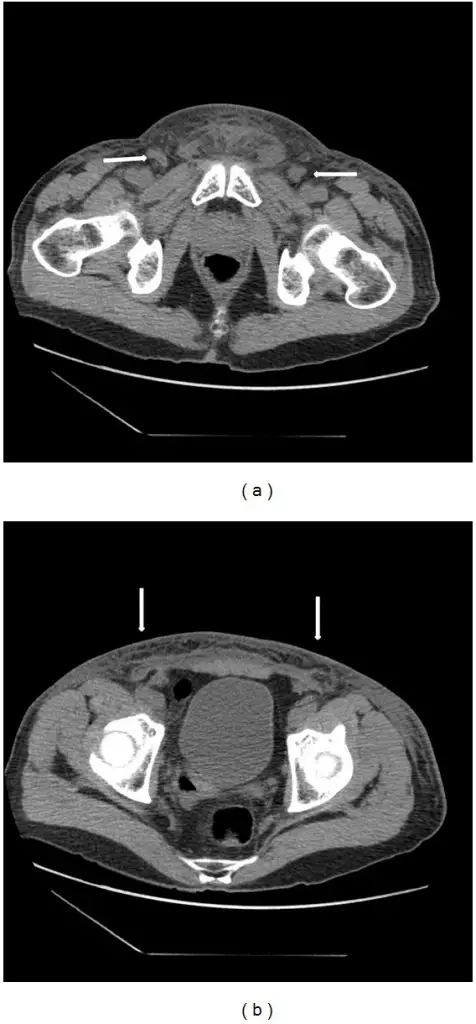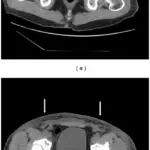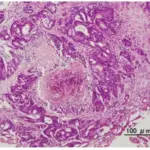Non-gonococcal urethritis, inflammation of the urethra, is the most common sexually transmitted illness in men. Urethritis can be infectious or non-infectious.
What is the Pathology of Non-Gonococcal Urethritis?
The pathology of non-gonococcal urethritis is:
-Etiology: The most common cause of non-gonococcal urethritis is Chlamydia trachomatis, mycoplasma genitalium.
-Genes involved: None, non-gonococcal urethritis is an infectious disease.
-Pathogenesis: The sequence of events that lead to Non-gonococcal urethritis is chlamydia. C. trachomatis typically infects columnar epithelial cells at mucosal sites. It replicates in host cells eventually causing cell death.
-Morphology: The morphology associated with Non-gonococcal urethritis shows mucopurulent discharge.
-Histology: The histology associated with Non-gonococcal urethritis shows polymorphonuclear leukocytes without the presence of intracellular gram-negative diplococci on gram stain.
How does Non-Gonococcal Urethritis Present?
Patients with non-gonococcal urethritis typically affect men in adolescence or adulthood. The symptoms, features, and clinical findings associated with non-gonococcal urethritis include pain or a burning sensation upon urination (dysuria), a white/cloudy discharge, and a feeling that one needs to pass urine frequently.
How is Non-Gonococcal Urethritis Diagnosed?
Non-gonococcal urethritis is diagnosed through gram stain of the urethral discharge under a microscope.
How is Non-Gonococcal Urethritis Treated?
Non-gonococcal urethritis is treated with antibiotics.
What is the Prognosis of Non-Gonococcal Urethritis?
The prognosis of non-gonococcal urethritis is good. It is generally a self-limited disease and resolves, even without therapy, with no complications in most cases.



